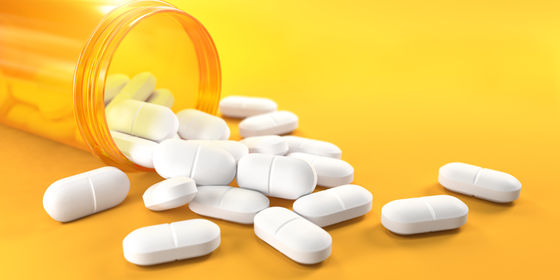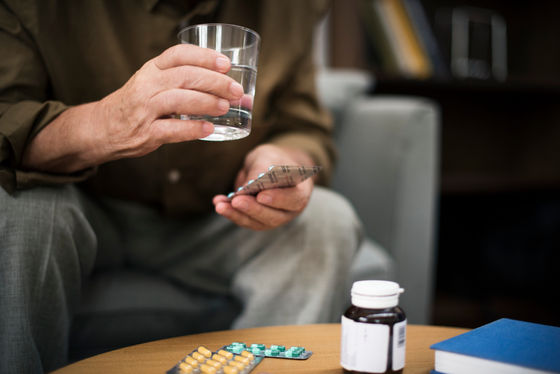Experiments show that there is a risk that ``antidepressants'' may produce drug-resistant bacteria

Antibiotics are widely used to kill bacteria and prevent illness, such as injuries and infections, but abuse and inappropriate use can lead to the occurrence of ``
How antidepressants help bacteria resist antibiotics
https://doi.org/10.1038/d41586-023-00186-y
It is known that drug-resistant bacteria have taken the lives of 1.2 million people in 2019 alone, and the number of victims is expected to increase in the future, making drug-resistant bacteria that are ineffective against antibiotics a global threat. is on the rise. On the other hand, antidepressants have a share of 4.8% in the pharmaceutical market, which is comparable to 5% of antibiotics, and 16,850 kg is consumed annually in the United States alone. Little attention has been paid to how antidepressants contribute to drug resistance.

Therefore, a team led by Jianhua Guo, a senior researcher at the University of Queensland's Australian Water Environment Biotechnology Center, conducted an experiment to examine how bacteria acquire drug resistance by culturing E. coli and administering antidepressants. The we.
In this experiment, when researchers administered antidepressants to bacteria that grew in an oxygen-rich environment, substances called `` reactive oxygen species (ROS) '' that activate the bacterial defense system were created. I understand. ROS are also used by bacteria to eliminate harmful substances and acquire resistance to antibiotics, so even E. coli, which should not have specific drug resistance genes, can now tolerate antibiotics. It is speculated that this is the reason for
Guo et al. also found that exposure to some antidepressants increases the probability of E. coli mutating, and that mutations select genes associated with resistance, accelerating the acquisition of resistance. I figured out what to do. It has also been found that administration of the antidepressant sertraline , which has brand names such as Zoloft, stimulates gene transfer between bacteria, which promotes the spread of drug resistance. increase.
``Bacteria can develop drug resistance after just a few days of exposure to a drug and become resistant to multiple antibiotics, which is both interesting and frightening,'' Guo said. .

In healthy people, E. coli is primarily found only in the large intestine, which is under anaerobic conditions, or oxygen, according to Lisa Meyer, who studies drug -microbiome interactions at the University of Tübingen in Germany. Since it is an environment where there is almost no , there is a possibility that this experiment may not be reproduced in the human body. But other studies have reported that antidepressants and other non-antibiotics cause changes in bacteria, and preliminary studies offer clues as to what changes the drugs do to the microbiome of people who take them. shown.
However, researchers warn that the results of this study should not stop people from taking antidepressants. 'If you have depression, it needs to be treated in the best possible way,' Meyer said. Bacterial concerns are next.
Related Posts:
in Science, Posted by log1l_ks







